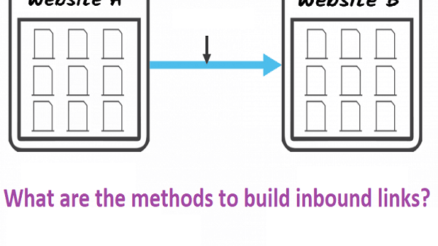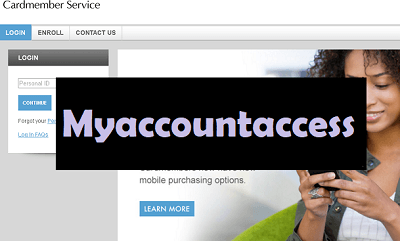Contents
A recent article on the Insurance Digest website (by Bill Dietz) describes Cyber Insurance, a type of insurance specifically designed to protect against online activities. It is essential to understand that this is not the same as traditional insurance, Cyber Versicherung covers offline incidents and is usually provided by the brick-and-mortar establishment that you patronize. Instead, cyber-insurance aims to protect you against attacks from external sources, even when you are taking part in offline activities. So, what does it cover?
What Cyber Insurance Does?
You need to look at the basic definition of cyberattacks. These are attacks conducted to steal private or personal information. The most common cyber attacks fall into three categories; financial, informational, or physical. Economic is not physical but includes everything from password theft to fraudulent transactions, credit card fraud, and so on. Most financial cyber attacks can be stopped if the appropriate measures are taken, but in some cases, they can go so far as to cause total financial loss.
What Do Cyber Attacks Cover In The Information Security Context?
According to Dietz, it will help protect against “pandem” attacks, which means two distinct attackers who combine to try and gain access to your network. He further explains that this type of threat is likely to come from nation-state-sponsored hackers or outside hackers, which would be a problem if we ever saw pandemic outbreaks in the future. But, for now, pandemic viruses have the potential to cause massive havoc, and governments all over the world are trying to work out how to deal with these. Cyber insurance may very well be a good way of dealing with the next pandemic.
Then, in the event of a real-life phishing attack? Dietz goes over some real-life examples and then suggests that a similar situation might also occur in the future. Suppose, for instance, that you were taking some online stock photos for a company blog. You received an email from someone purporting to be from the company, which contained what appeared to be a legitimate stock photo, but it was part of a phishing attempt. The person offering this “free photo” requested personal information from you before providing the image, and when you provided that information, he transferred your details to his hacker accomplice. You ended up receiving a phishing email, which caused you to place your entire online stock photo portfolio at a high risk of theft.
What Dietz Recommends?
Dietz recommends using cyber security solutions as a proactive measure to protect small businesses from these potential attacks. He notes that small businesses need to think about how cyberattacks will affect their day-to-day operations and broader interests. Cyber insurance should cover against the attacks themselves and the threat of future episodes. That’s where cyber security comes in.
As outlined by cyber insurance expert Jennifer Greene, cyber insurance can be implemented in two ways. The first is through preventive measures. You can set up systems to monitor your online assets and ward off any potential attacks, as suggested above. The second way is to take preventative measures once an attack has happened. For example, if you find out your website has been attacked, you can get it back on track before things get too bad.
Also read: Everyday Uses of Big Data
Conclusion;
Today, though, we live in the twenty-first century, and it’s becoming more difficult for corporations and individuals to protect themselves. So what does cyber insurance shield against? It may sound like something from a horror movie, but the answer is more complicated than you might think. As Jennifer Greene explains in her report, there are two forms of cybercrime that cyber insurance will help to protect against: The first type of risk is done through data breaches.
This refers to stealing personal or business information that compromises an individual or company. To guard against this particular risk, you can install anti-spyware software on your computer and regularly update it (just like you would with a home computer). You can also make sure you keep your firewall on, which works in conjunction with anti-spyware software. Finally, you can get additional protection by getting extra security for your website through cyber security zones, which are small businesses that offer safety and monitoring to smaller firms.





